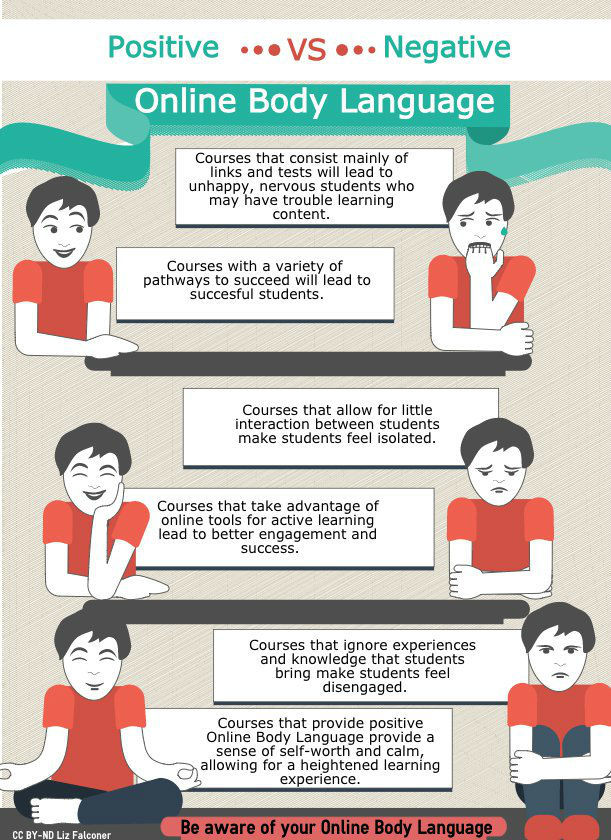Touching Eye Body Language
Have you ever wondered what your body language says about you? Well, let’s dive into the intriguing world of nonverbal communication and explore the fascinating topic of touching eye body language. You might be surprised to discover that our eyes can reveal more than just our emotions or intentions.
When we touch our eyes, it can send subtle signals about our thoughts, feelings, and even our level of confidence. This seemingly simple gesture can convey a range of meanings that are worth exploring. So, whether you’re curious about why people touch their eyes or want to become more aware of your own body language, this article is here to enlighten you.
Throughout history, humans have relied on nonverbal cues to understand and connect with others. From a simple glance to a lingering gaze, our eyes have the power to communicate without words. So, fasten your seatbelt and get ready to unravel the mysteries behind touching eye body language. Let’s dive in!
Discover the Hidden Messages Behind Eye Movements
Did you know that eye movements can reveal a lot about a person’s thoughts and emotions? By understanding touching eye body language, you can gain valuable insights into someone’s intentions. Learn how to decipher these silent signals and interpret eye-touching gestures with our expert guide. Uncover the secrets of body language with this step-by-step tutorial, and unlock a new level of communication.

Unlocking the Secrets: Touching Eye Body Language
Have you ever wondered what a person’s eye movements and touchings can indicate? The eyes have long been considered the windows to the soul, and body language experts suggest that even the way we touch our eyes can reveal hidden messages and emotions. In this article, we will explore the fascinating world of touching eye body language, dissecting its meanings and implications.
The Power of Eye Contact
Eye contact is a fundamental aspect of human interaction and can convey a host of information. When someone touches their eyes while making eye contact with you, it can indicate a variety of emotions or intentions. For example, if someone gently touches their eye while maintaining eye contact, it could signal sincerity or empathy. On the other hand, repeated or forceful eye touching may suggest discomfort, anxiety, or even deception.
It is important to note that cultural norms and individual characteristics can influence interpretations of eye touching body language. While some cultures may consider eye contact and gentle eye touching as positive signs of attentiveness or admiration, others may perceive it as disrespectful or evasive. Therefore, it is crucial to consider the broader context and individual differences when decoding eye touching body language.
Decoding Eye Rubbing
Another form of eye touching body language is eye rubbing. People often rub their eyes when tired or experiencing eye strain. However, eye rubbing can also be a subconscious self-soothing gesture that reveals underlying emotions. When someone rubs their eyes vigorously, it may indicate frustration, stress, or even anger. Conversely, gentle eye rubbing may suggest fatigue, melancholy, or contemplation.
It’s important not to jump to conclusions based solely on eye rubbing. Consider the overall context and accompanying nonverbal cues, such as facial expressions and body posture, to gain a more accurate understanding of someone’s emotional state. Always remember that interpreting body language is an art, and one must take a holistic approach to get a comprehensive understanding.
Eyes as Indicators of Deception
When it comes to detecting deception, the eyes can offer valuable clues. Some research suggests that when people lie, they are more likely to touch their eyes or exhibit changes in eye behavior. This could involve increased blinking, avoiding direct eye contact, or a sudden fixation on an object or person.
It is crucial to exercise caution when interpreting eye body language as deception indicators. While certain patterns may suggest potential dishonesty, they are not foolproof methods for identifying liars. It is essential to combine eye behavior with other verbal and nonverbal cues to make informed judgments. Additionally, it’s important not to jump to conclusions based on isolated eye movements; always consider the context and other factors involved.
Mastering Your Own Eye Body Language
Now that we’ve explored the intricacies of touching eye body language, it’s time to reflect on our own eye behavior. Becoming conscious of our eye movements and touchings can help us enhance our communication skills and better understand our own emotions.
Practice maintaining steady eye contact during conversations to show attentiveness and build connections. Be aware of any habitual eye touchings you may have, as they could convey unintended messages. Consider seeking professional guidance from a body language expert to refine your nonverbal communication skills and improve your understanding of eye body language.
Unlocking the Secrets: Touching Eye Body Language
Did you know that even the way we touch our eyes can reveal hidden messages? In this section, we will delve deeper into the fascinating world of touching eye body language and explore its various meanings and implications.
Unveiling Emotions through Eye Touching
Eye touching can be an integral part of nonverbal communication, serving as a powerful indicator of emotions. When someone touches their eyes gently while making eye contact, it often signifies sincerity, empathy, or deep emotional connection. On the other hand, forceful or repeated eye touching may suggest discomfort, anxiety, or a desire to conceal the truth.
Key Takeaways: Touching Eye Body Language
- Touching the eye while talking can sometimes indicate discomfort or lack of confidence.
- Rubbing the eyes can be a sign of tiredness or stress.
- Quickly touching or rubbing the corner of the eye may indicate disbelief or suspicion.
- Blinking excessively may suggest nervousness or anxiety.
- Looking away while rubbing the eyes can indicate discomfort or a desire to avoid a situation.
Frequently Asked Questions
Welcome to our Frequently Asked Questions page regarding body language cues associated with touching the eyes. Here, we answer common questions related to this topic. Understanding body language can offer valuable insights into a person’s thoughts and emotions. Let’s dive into the questions and answers:
1. Why do people touch their eyes when communicating?
When someone touches their eyes during a conversation, it could indicate various things. One common reason is that they may feel anxious or stressed. Touching the eyes can provide a comforting sensation, akin to rubbing one’s temples to relieve tension. It can also be a way for a person to hide their true emotions, as the eyes are known to convey vulnerability and truth.
However, it’s important to consider the context and other body language cues when interpreting this gesture. It could also be a result of itchiness or a physical discomfort, so it’s crucial not to jump to conclusions and to observe the overall behavior patterns.
2. Are there different types of eye touching in body language?
Yes, eye touching can manifest in various forms in body language. For instance, rubbing the eyes gently can indicate fatigue or tiredness, suggesting that the person may need a break or rest. On the other hand, holding the eyes firmly or covering them with the palm could signify an attempt to block out certain information or emotions.
Sometimes, eye touching can be subconscious or involuntary. For example, when a person is lying or feeling uncertain, they may blink excessively or touch their eyes as a way to relieve the discomfort. Understanding the different types of eye touching gestures can provide valuable insights into an individual’s state of mind and emotions.
3. Is eye touching always a negative body language cue?
Eye touching is not always a negative body language cue. While it may often be associated with anxiety or discomfort, it’s important to consider other factors such as cultural differences, individual habits, and the overall context. For some people, touching the eyes can be a regular gesture during communication and may hold no negative connotations.
It’s crucial to observe the overall body language and the consistency of the behavior. If the person appears relaxed and displays positive non-verbal cues alongside the eye touching, it may not necessarily signify a negative emotion.
4. Can excessive eye touching indicate deception?
Excessive eye touching can sometimes indicate potential deception, but it’s important not to rely solely on this cue to determine if someone is lying. Utilizing eye touching as a sole indicator can lead to misinterpretations. It’s essential to consider it as part of a cluster of body language cues and compare it with other verbal and non-verbal indicators.
Other signs such as avoiding eye contact, microexpressions, and inconsistencies between verbal and non-verbal cues can contribute to a more accurate assessment of possible deception. Always consider multiple factors before drawing conclusions solely based on excessive eye touching.
5. Can the gender of the person influence the meaning of eye touching?
The meaning of eye touching can be influenced by various factors, including gender. Cultural norms, individual habits, and personal preferences can all play a role. For example, in some cultures or social settings, women may be more inclined to touch their eyes as a sign of shyness or modesty, while men may display different body language cues.
However, it’s essential to note that these generalizations should not be applied universally. Body language cues can vary greatly between individuals, and it’s always important to consider the individual’s unique context and behavior patterns before making assumptions based on gender alone. Taking a holistic approach to interpreting body language is crucial for accurate understanding.
Deception Tip 36 – Rubbing Eyes – How To Read Body Language
Summary
When it comes to body language, the way we touch our eyes can reveal a lot about how we are feeling. If someone is rubbing their eyes, they may be tired or bored. On the other hand, if they are covering their eyes, they may be feeling anxious or trying to hide something. It’s important to pay attention to these subtle cues and use them to better understand others.
Furthermore, touching our own eyes can also send signals to those around us. If we touch our eyes while someone is speaking, it may indicate disbelief or doubt. However, if we touch our eyes while listening, it could suggest genuine interest or empathy. By being aware of these nonverbal cues, we can improve our communication and better connect with others. So, keep an eye out for eye-touching behavior next time you’re trying to understand someone’s true feelings!

